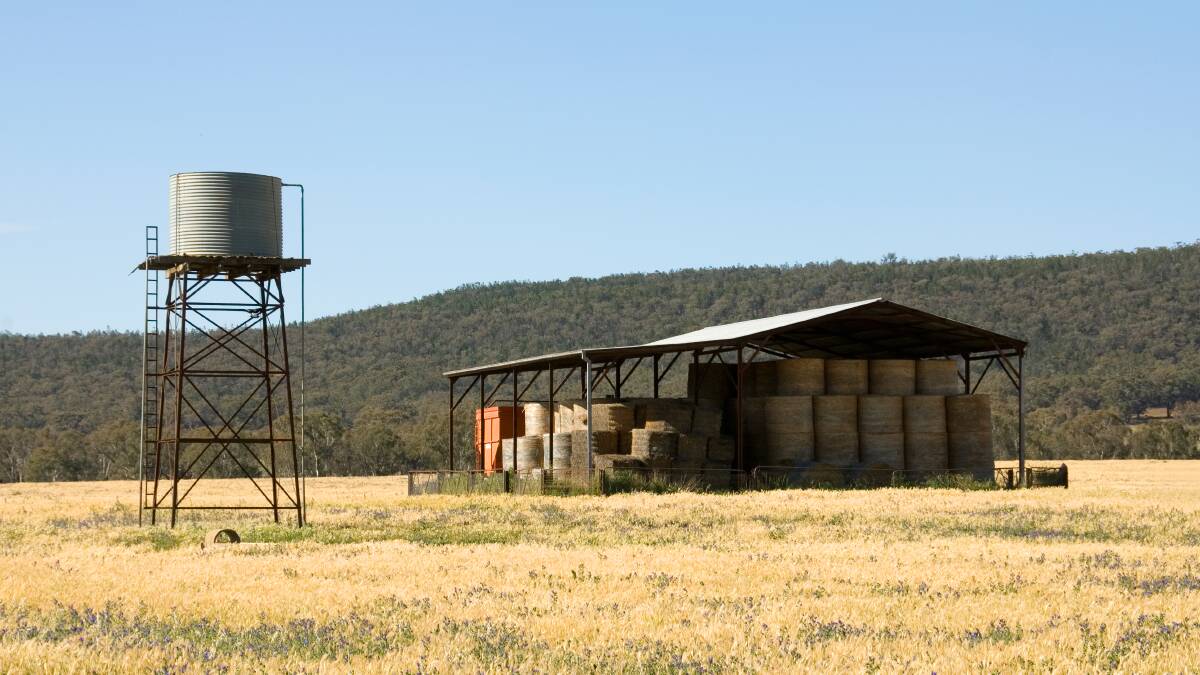
THE LEADER of a grain grower lobby group has praised the short-term objectives identified in the National Farmers Federation's recently released drought policy but has said more work needs to be done on developing a solid long-term plan to combat drought.
Grain Producers Australia (GPA) chairman Andrew Weidemann said measures identified by NFF that could be rolled out to immediately combat the impact of the current drought such as relief for local government rates and subsidising farm business wage bills were positive steps but there was not enough detail regarding a long term vision.
"They (NFF) have nailed the short-term stuff but my query is what is being done to drought-proof Australian agriculture in decades to come," Mr Weidemann said.
"The approach needs to look beyond just drought and at the broader issue of building resilient rural communities.
"I would like to see a bigger emphasis on hands-on drought proofing, we've seen infrastructure building drought grants issued in the past really have a big impact on the whole of industry."
"The prime example was the tax incentives for farmers to build hay and fodder storages in the last Victorian drought.
"The pay-off of that scheme has been that critical hay supplies have been made available for the northern NSW and Queensland livestock industries.
"I can guarantee if the sheds had not been built those farmers would not have had access to as much hay over the period of their drought when they so desperately need it."
Mr Weidemann said he felt the NFF long-term strategy was skewed towards political, rather than practical measures.
"I know it is complicated getting drought policy to work effectively when administered by government but this just feels a little Canberra-centric, rather than dealing with the issues from the grass roots up.
"The people living and breathing a drought are the best qualified to come up with the most effective measures to limit the impact of ongoing dry conditions."
"I think incentivising investment in contracting equipment is another thing that can have some good benefits, it can provide farmers with off-farm income and it can help protect the contracting sector, which also feels the impact of dry weather."
"Spreading tax incentives away from just those directly in farming to other rural businesses so they have access to RIC (Regional Investment Corporation) drought loans would also be a good move to improve resilience in rural communities."
Mr Weidemann said the NFF policy was a good start but said more work was needed on the perennial issue of drought management.
"I've been involved in ag politics for 20 years, and no one has really come up with the kind of grass roots, bottom up strategy I think would be most successful."
"The NFF has done a good job here but the best time to talk about how to plan for drought is not during the middle of a drought when emotions are high and people are under pressure- we have missed those opportunities when things are better in the past but we can't afford to again.
"Drought is going to be something people have to continue to contend with as part and parcel of farming in Australia."


